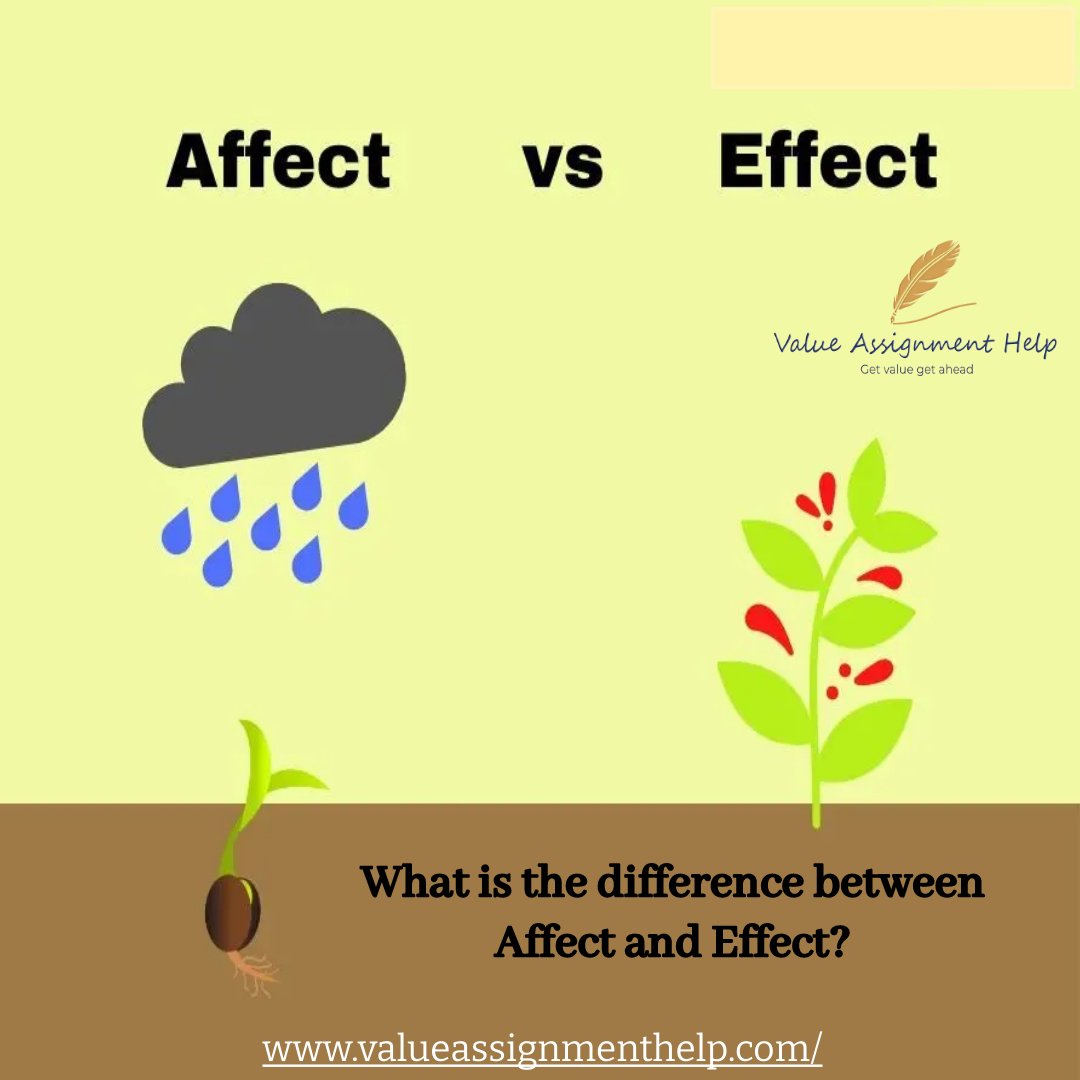Assignment
Achievement
Hire Experts
Reviews
Free Services
Grades
Offers
Order Now
50,000+
Orders Delivered
4.9/5.0
Star Rating
100%
on-time delivery
24 x 7
Query Resolution
100 +
Subjects Catered
Our Experts
Reviews
Free Assignment Services
☞Title Pages - 100 Words
$05.00 free
☞Downloading Free Guide
$20.00 free
☞Upload Completed Tasks
$20.00 free
☞Genuine Content Report
$20.00 free
☞Consultation By Experts
$06.00 free
☞Unrestricted Revisions
$10.00 free
☞Grammar Check for Task
$25.00 free
☞Plagiarism Inspections
$25.00 free
Book Now and get Free Services Upto $0.00
Grades
Offers

1. PLACE YOUR ORDER
Whenever you fill out their order form, please read it carefully and then fill it out.

2. MAKE PAYMENT
Choose our secure payment method to pay for your order and collect your order from us with security.

3. GET YOUR DOCUMENT
Our writers write you plagiarism-free assignments and provide them to you before the deadline.
Our Experts

Search Assignments

Customers Reviews
The English language is full of puzzling snags and confusion, especially concerning spelling. Why are there words with entirely different spellings that sound the same? When do you use there, their and they're? Or to, two, and too?
Such words can confuse students who already have their hands tied in the language. Imagine using the wrong spelling when writing a school essay or applying for a job. Likewise, using misspellings of a word can have a very negative effect on your writing. Your challenge is to figure out when to use each spelling for these words.
Moreover, they mean essentially the same thing—they both describe change, making matters even more confusing. So what's the difference between effect and effect effect vs effect, and when should you use each?

The word 'Affect' means 'influence' or 'impact', which can change or bring about a change in someone or something. It can be used as both a noun and a verb but is mainly used as a verb, as it is a verb word that causes a change in something. So now we will discuss where to use affect in our sentences:
The verb "to affect," with the stress on the second syllable, is based on a Latin word meaning act, effect, or do something. (transitive) The verb has a more general form.
The verb "to impress" can also mean to pretend. Someone with a fake upper-class accent has influenced it and will be said to have an effect.
The word 'effect' is a noun that refers to a 'change resulting from an event or action', which means the effect of an event or action, is the change that is caused by the former. So let us understand how we can use it in our sentences:
"Effect" is an English noun based on a Latin word meaning to act or accomplish. The English noun "effect" usually means the result, although it sometimes means household items, such as when you are talking about someone's property. It can also refer to an impression or noting when something new begins.
These words are confused for very valid reasons. First of all, these words are related in their meaning. Both the words refer to an effect or result. The effect is the verb enabling the result, while the effect is the noun referring to the result. It is essential to know the grammatical role of each word to differentiate between the two.
Second, the two words sound very similar. The effect is expressed with a sound called 'schwa' ('a' is pronounced the same as 'allow') while the effect has a long e sound ('I pronounced 'e-mail'). These words are near-synonyms, but each has a different sound.
The difference between effect and effect can be drawn clearly on the following grounds:
The word 'affect' is of Latin origin and means to impact someone or something. In contrast, 'effect' is derived from Latin and refers to a change caused by an action or event.
While effect represents 'result' or 'consequence', effect denotes 'as a result' or 'consequently'.
When used as a verb, the effect means "to influence", whereas when the word effect is used as a 'verb', it means "to bring about".
The word 'affect' as a noun is technical jargon in psychology, which refers to an individual's emotional state. As against, the word effect indicates 'result' as a noun.
Example: Heavy rains during the winter season affected the crops.
Consumption of alcohol can have adverse effects on the body.
When choosing between "effect" versus "effect," it can be challenging to remember the different definitions of each word. However, plenty of helpful tools can help you remember some grammar rules of the English language. For example, a good rule to remember for "effect" and "effect" is:
If you're discussing cause and effect and referring to the result of said cause, use "effect." You can remember that "effect" represents the end, as they both begin with an "e."
If referring to changing something or affecting something else, use "affect." You remember that "effect" represents a change, as they both begin with "a".
Disclaimer: all content and intellectual property remain the exclusive property of value Assignment Help




No Comments